With the acquisition of knowledge comes responsibility—a responsibility to use that knowledge wisely. In the light of what we have learned about life, what responsibility falls upon our shoulders? As priests, we have a certain responsibility to God and the people around us. As kings and stewards we have a certain responsibility to the creation itself. Let us now briefly turn our attention to these responsibilities.
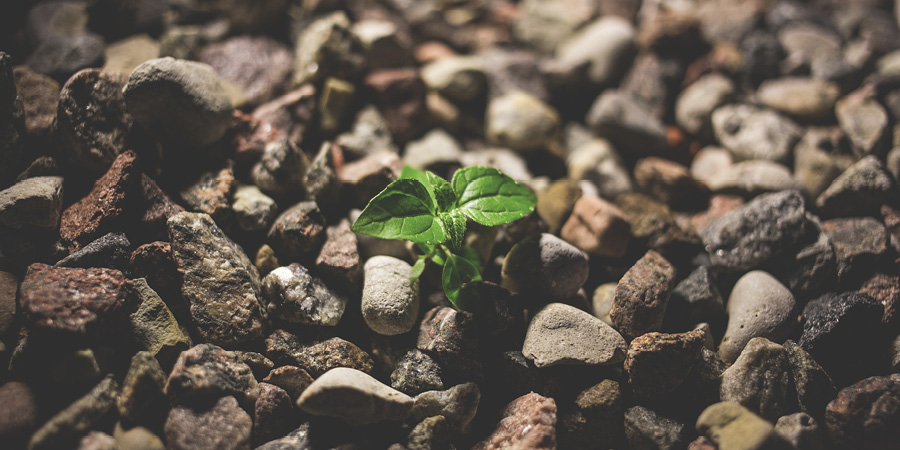
Our Responsibility to God
As priests of the creation (see Chapter 1) we have a responsibility to know God, worship God, make the creation a house of worship, and bring the creation into the worship of God. What we learn about biological life can help us do that. A study of life gives us insight into God’s very nature. The nature of life itself, for example, gives us at least two insights into the nature of God. First, we know from Scripture that God is spirit, but spirit, by its very nature, is not something we can sense with our physical senses. So, what is spirit, and what is it like? We get some insight into the very substance of God through our experience with life. Even though we cannot see life either (for it is non-physical), we nonetheless can see the effect of life on the physical and we can infer from that what is the nature of life itself.
We also gain insight into the nature of life as we experience our own life. Although we may be incapable of a full understanding of life, we grow in our understanding of it, and thereby grow in our understanding of the nature of other non-physical things, such as spirit—the very essence of God. Secondly, we know from Scripture that God is life. Life is one of the attributes of the invisible God that we cannot see. So that we understand His invisible attributes, God created the physical world so that we can understand them (Rom. 1:20). God has apparently created organisms with life so that we can get insight into what God’s life is like.
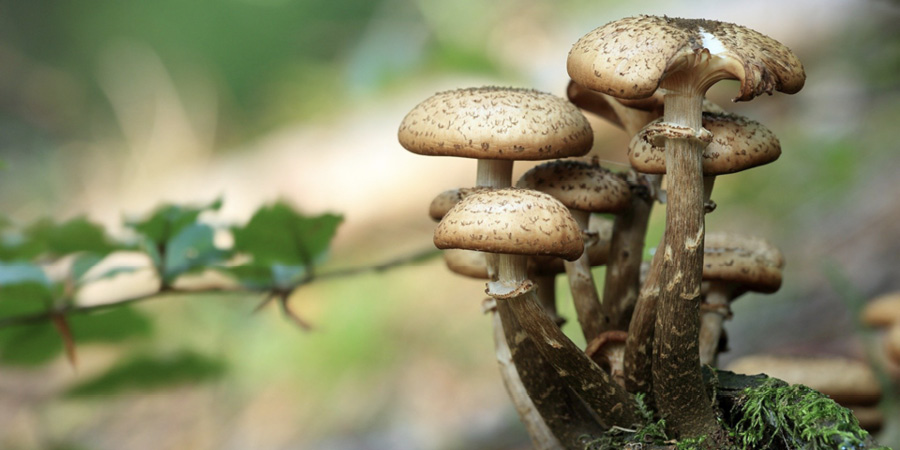
Even though biological life is distinct from and different from God’s life, we can infer (and Scripture confirms) that God’s life has some of the same qualities (such as activity, vitality, intrinsic value). The more we learn about biological life, the more insight we are given into God’s attribute of life.
The law of biogenesis provides at least three more insights into the nature of God. Since physical entities may not be capable of generating non-physical things, life itself—being non-physical—is likely to have a non-physical cause. God, being spirit and all-powerful, does seem capable of bringing life into being. Furthermore, the law of biogenesis suggests life only comes from life. God, being not only spirit and all-powerful, but also life, is not only a good candidate for the origin of all life, it seems that He is the only candidate. This makes God not only life, but the source of all life.
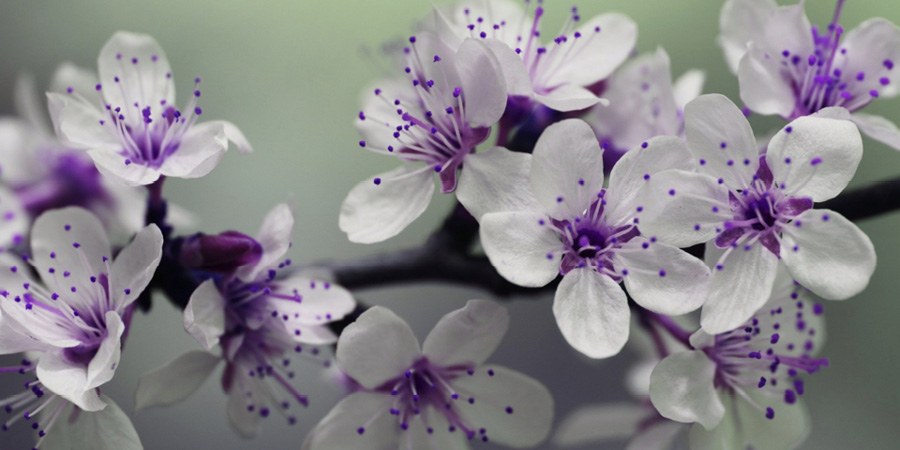
Just as Scripture indicates, we exist only because of Him (“For in Him we live and move and have our being”: Acts 17:28). This not only provides insight into God’s nature, but also reinforces how important it is that we abide in Him. The law of biogenesis also provides insight into God’s activity. If life only comes from God, then each new life must come from God. The ‘life’ of one parent does not mate with the ‘life’ of the other parent and generate a ‘new life’. God must be involved to create or infuse life into the offspring.
This means that God is continually active all over the world creating life in millions of organisms every single day (“You send out Your spirit and they are created”: Psa. 104:30). Even though He cannot be seen, new lives that spring up about us all the time suggest that He is all about us, every moment of every day, actively working in His creation. We know that from His word, but biological life can keep that truth active in our thoughts. Thirdly, the law of biogenesis suggests something about how interesting God is—how creative He is. Every human we meet is unique. Even when we encounter ‘identical’ twins—those that seem identical physically—they differ in personality and in character. They differ in the non-physical. Every human is a unique individual—different from every other. Even every animal is distinct in its personality—in its non-physical being.

Since God is the Creator of the non-physical in each individual organism, God is the author of astonishing variety. As creative as humans are, God is so much more creative. We would run out of different ideas long before we arrive at the millions of different organisms God must create in a single day! Such creativity makes God deeply exciting and fascinating, rich in character, and so very valuable to know.
Our access and comprehension of life provide at least two more insights into the nature of God. We can experience life and even contemplate the nature of life because God created biological life in such a way that we could better understand Him. This indicates that God desires to be known. Although God is so awesome as to deserve associating only with Himself—exclusively with His equal—God actually wishes to associate with us. Only the God of the Bible is One Who reveals Himself to us and desires to be known.
The spectrum of perfection of life provides yet another insight into the nature of God. From this spectrum we deduce that the life that God possesses is unlimited in nature. With unbounded life being part of the very character of God, death has no part of His character. When God created, He created only life, not death. Humans were created with biological life, nephesh life, and spiritual life, with the purpose of living with God for eternity. Then man chose to rebel. Even when warned that on the day that he would eat of the tree of the knowledge of good and evil that man would die (Gen. 2:17), man cast away that life and disobeyed God. Man was immediately cut off from the source of spiritual life. Man’s sin introduced the enemy of spiritual death into the experience of man and man died spiritually. And, as a result of man’s sin, nephesh death was also introduced into the world (Rom. 5:12). Not only would man’s body now die, but animals would also die.
This, of course, introduced a serious problem to humans. In rejecting the life God gave them, humans were now fated to both spiritual and physical death (“The wages of sin is death…”: Rom. 6:23). Since the life they now needed could only come from God, humans were, and are, unable to rescue themselves. Yet, the God of life, Who gave man life in the first place, still desired man to know Him (“God so loved the world…”: John 3:16a).

Consequently, the God of life who had no need of nephesh life, took on human nephesh life and became a man (John 1:14), the man Christ Jesus. Jesus not only lived as a man, He took upon Himself the sins of mankind, died a nephesh death (“I declare unto you …how that Christ died for our sins…”: I Cor. 15:1-3), and received the judgment of a holy God for our sin. Jesus did this so that we might have life. And, being the source of life itself, Jesus had victory over death and rose from the grave. He now offers spiritual life to us, only requiring that we believe upon Him (“Believe on the Lord Jesus Christ and you shall be saved…”: Acts 16:32)—that we trust in what He has already done for us. And, as if providing eternal life for us was not enough, God even offers to believers life ‘more abundantly’ (John 10:10).
With all this insight into the very nature of God we ought to explode in worship of God. For the biological and nephesh life we were given, for the spiritual life which is offered to us, and for the abundant life He desires for us, and even more for the infinite life of God Himself, it ought to be that we cannot help but worship Him and bring others into that worship and praise. We ought to fill the creation with worship and make the creation a house of worship. And, when we consider the life that is about us, we ought to be reminded of the God of life, the source of life, the sustainer of life, and the fountain of abundant life.
The spectrum of perfection of life ought to remind us of the infinite grandeur of the life that God has. It ought to help us see beyond the physical to the spiritual, to recognize our own finiteness, and be awed by God Himself. For the remainder of our lives we should take the time to ponder the creation so as to think these thoughts and allow our hearts to be lifted towards God in praise and worship. We ought to bring others—in fact the entire creation—into that praise and join with those in heaven who “…worship Him Who lives forever and ever” (Rev. 4:10). In this way we fulfill our roles as priests to the creation.
Our Responsibility to the Creation
Preserving Life
In our responsibility as kings over the creation (see Chapter 1), we should serve God, and serve and protect the creation. As stewards who will have to give account for our actions, we should seek to preserve God’s creation—to rule as God would rule. At the very least we should pass it on to the next generation (or to God Himself) in at least as good a condition as it was when we received it. God handed to man dominion over ‘living creatures’ (Gen. 1:26-28), expecting man to ‘guard and keep’ the life He created (Gen. 2:15). When it is in our power, we are to save life, and not take it.
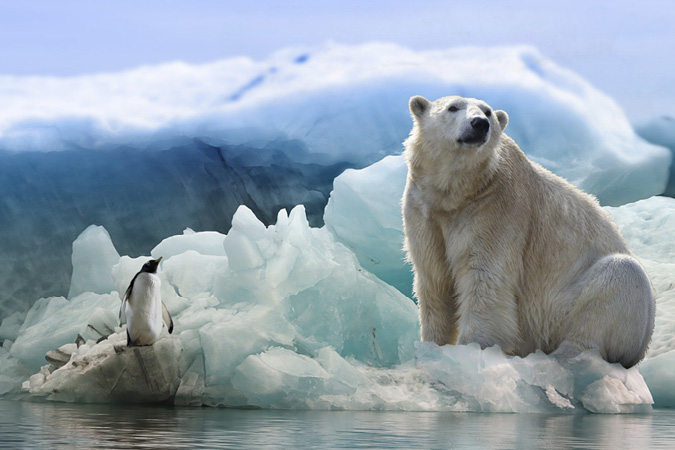
For example, hunting merely for the sport of it, is wrong. We’re not speaking here about hunting to survive or hunting to acquire food or even hunting to control populations. We have been given the authority by God to kill other organisms, but it should only be done so as to sustain or promote or encourage that precious creation of God known as ‘life’. Animals and plants can be killed as food to sustain humans, and so sustain the image of God. We can also harvest some organisms from a population to control that population so that it does not overrun or over-eat the organisms around it. This is especially true when we have killed off the organisms that God created to control that population or when we have introduced organisms into an area where God’s designed controls do not exist.
In these cases, controlling a population can actually increase the number of other organisms in that environment. This is actually a case where death promotes life itself. In contrast, the kind of hunting which is not appropriate, is hunting just for the fun of it—just to kill. An example would be the sport hunting of the American bison. The herds of millions of bison were almost completely exterminated from North America by hunting them for the sport of it.
We should also be careful not to kill so many of a given type of organism in a particular area that populations of that organism get too small to sustain themselves. This happened with the North American passenger pigeon. It was so heavily hunted—mostly for food—that too few passenger pigeons were left to find mates and lay eggs to grow into the next generation. As a result, the passenger pigeon went completely extinct.
Gluttony, wasting, and hoarding are three more sins that destroy life. When we eat more than we should we are eating more organisms than we should. We are killing organisms merely to satisfy our selfish consumption. When we waste paper by printing or copying more than we need and throwing the rest away, or when we waste food by taking more food from a buffet than we eat, and throwing the rest away, we are killing organisms without good reason. When we hoard more possessions than we ought, and build houses that are bigger than we need, we waste construction materials—many of which were constructed from organisms, such as wood and paper from trees.
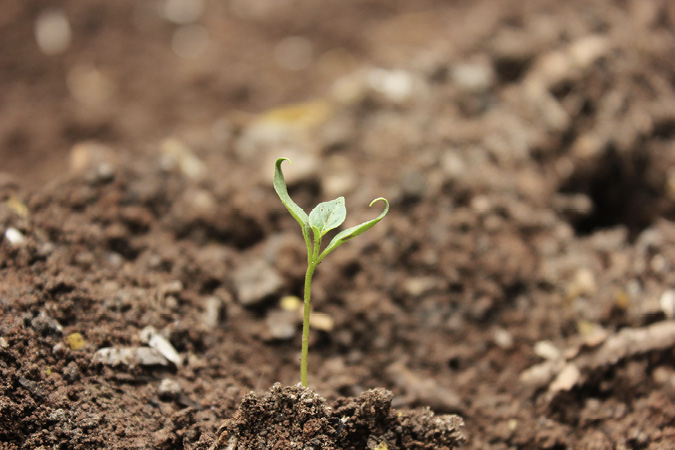
We have even created substances designed to kill. We create ‘antibiotics’ which are designed to be ‘anti’ (against) ‘bios’ (life), insecticides which are designed to kill insects, herbicides designed to kill plants, fungicides designed to kill fungi, etc. Please do not misunderstand this. This is not a complete condemnation of the use of chemicals to kill. For when the killing of some is necessary to promote life in many more, chemicals designed to kill can actually promote life. When one microorganism threatens to kill a human being—the image of God—it may be a greater promotion of life to use an antibiotic and kill millions of microorganisms. Likewise, when a particular fungus or insect or weed threatens to decimate a food source for a starving human population, the use of a fungicide or insecticide or herbicide might actually preserve or promote or encourage life.
The pride of inconvenience is also an enemy of life. The killing of unborn babies when it is merely done because they are a burden is desperately wrong, and that would be true even if babies were not the image of God. The fact that babies are the image bearers of God makes this sin even more horrible. Killing the very old or the very ill merely because of their burden on society or the family is also wrong. Again, this would be true even if humans were not the image God. But, in fact, humans are the image of God, and they are from the moment of conception to the moment of death. Abortion and euthanasia are both wrong.
Human life is to be more valued than animal life because humans are the image of God. Animal life is to be more valued than plant life because animals have such things as mind, will, and emotions that plants do not have. Yet, all life is to be valued both because it is the creation of God and because life pictures something about the nature of God. When God calls us into account for what we have done to care for His creation we had better have been about the business of preserving and promoting life.

Enhancing Life
After creating the animals of the air and sea, God commanded them to ‘reproduce and multiply and fill the earth’ (Gen. 1:22). He gave the same command to man (Gen. 1:28). After the Flood He repeated this command to animals of the air and the land (Gen. 8:17) and to mankind (Gen. 9:1, 7). As the earth fills with life, a fuller picture of the living God emerges. God is glorified when life is abundant and flourishing on this planet. God made us rulers over His creation to do more than preserve life. As the servants in Christ’s parable were commended for multiplying their talents, so we should enhance God’s creation. We should seek to enhance life on earth—to make it fuller, more abundant.
Enhancing life is not just increasing population numbers. Notice that when God commanded organisms to multiply, He commanded them to do so until the earth is full. This suggests that the earth can be full. The nutrients and water in a particular area can only sustain a certain number of certain types of plants, which in turn, can only sustain a certain number of certain types of animals. When those particular plants and animals get to the correct population numbers, that area is full. That area is said to be at its carrying capacity and every species is at that environment’s carrying capacity. The carrying capacity is the maximum population size for a particular species that the environment can sustain indefinitely. When population size is less than the carrying capacity, there is room for organisms to multiply, and with that increase, the area increases in vibrancy and fullness—in life.
However, when population size exceeds the carrying capacity, there are insufficient resources to support the population. Competition between organisms increases, stresses increase, diseases increase, death rates increase, all ‘naturally’ bringing the population back down towards the carrying capacity. Populations exceeding the carrying capacity are not as healthy or as vibrant or as ‘alive’ as populations at or just below the carrying capacity.
To maximize life, then, populations should be at or just below the carrying capacity for that environment. We should be striving to understand environments well enough to determine the carrying capacity for organisms, and then manage those organisms so as to attain and not exceed the carrying capacity for that environment. In agriculture, for example, we should be careful not to breed so much livestock as to overgraze the land, or to plant so densely as to sap all the nutrients from the soil. Unfortunately, in many locations across the planet we have already done that. We have a responsibility to God to restore the healthiness of such populations.
This reasoning applies to humans as well, for they were commanded to ‘multiply and fill the earth’ at the same time animals were. In every environment there is a carrying capacity for humans as well. We should manage human populations so as not to exceed the carrying capacity. In many areas, human population has exceeded the carrying capacity for that area. This is not only true in the desperate slums of the world’s largest cities, it is even true in desert areas with low population where the water table is dropping because humans are consuming more water than the environment can supply.
What is different about managing human populations, of course, is that humans bear the image of God. Thus, whereas it may be appropriate to hunt animals or use chemicals to reduce animal or plant populations, it is NOT appropriate to kill humans so as to bring populations down to the carrying capacity of a particular environment. We may be able to redistribute people or resources, but we are not justified in any type of human eugenics.

In many cases it will be very difficult to enhance life. This is especially the case where humans have decimated natural populations through overharvesting or pollution or overpopulation. But this should be expected, for these decimations occurred because of human sin. God paid a very heavy price to redeem us from our sin and the effects of our sin. Is it any wonder that we might have to work hard, or pay a heavy price—or even sacrifice—to even begin to redeem the creation that has been so stained by human sin? But we ought to pay that price so as to fulfill our role as kings of the creation to the glory of the Creator.

